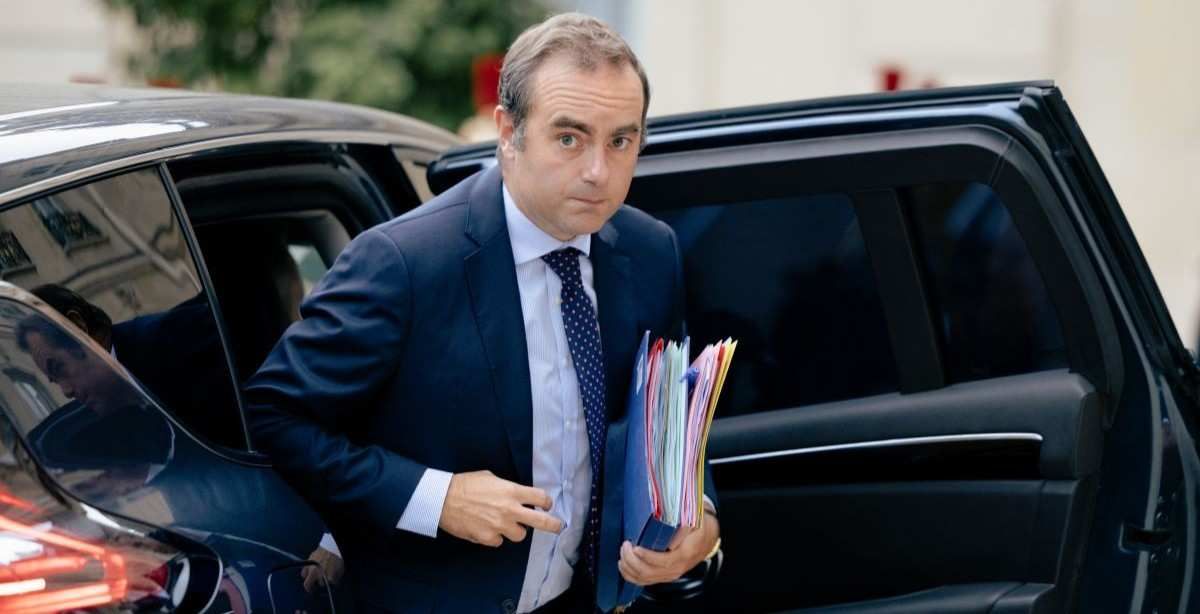Another prime minister bites the dust in France
France’s Prime Minister Sébastien Lecornu resigned just 26 days after taking office — and a day after announcing his cabinet. He blamed France’s fractured parliament for “behaving as if they had an absolute majority” and refusing to compromise. The decision now falls to President Emmanuel Macron, who can appoint a fifth prime minister, call new parliamentary elections, or resign — something he’s vowed not to do before 2027. But both remaining options are risky: a new prime minister could face another quick collapse, while fresh elections could further boost Marine Le Pen’s far-right party.
Maduro’s militia push falls flat
Tanks rolled through Caracas for a military parade as Venezuela’s government tried to project strength after the US attacked another boat off its coast on Friday, but turnout was sparse. President Nicolás Maduro has urged citizens to join militias to defend against what he calls a looming US invasion, yet many recruits say they were pressured to enlist and won’t fight if it comes to it. The US has deployed its largest Caribbean naval force in decades, officially to combat drug trafficking, though the scale suggests that the Trump administration may really be interested in regime change. With low enthusiasm at home and external pressure increasing, Maduro faces fresh questions about the loyalty of his forces and the stability of his rule.
Partisan gridlock keeps US government closed
The federal government shutdown is entering its second week with no resolution in sight. Both parties are blaming each other as the Senate remains deadlocked and the House stays home.
Donald Trump has so far preferred taunting Democrats online over negotiating, while his advisers threaten potential federal layoffs. The key sticking point is healthcare: Democrats want to extend
healthcare subsidies under the Affordable Care Act, which are set to expire soon. Republicans say they’ll only discuss that after reopening the government. The shutdown’s early effects have been limited, but the pain will grow as federal workers miss paychecks and public pressure builds for a deal.
